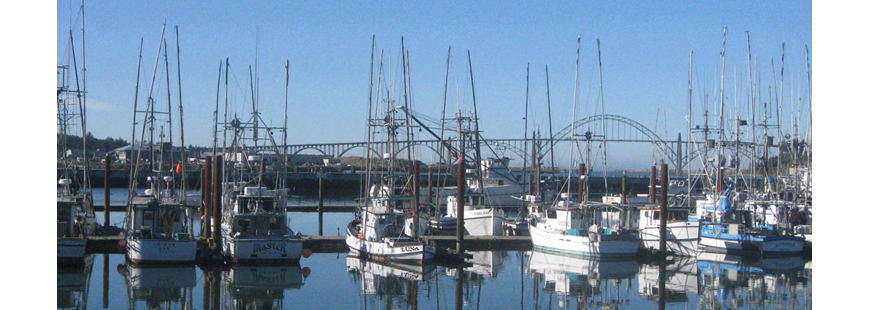Earlier this month, U.S. Senator Susan Collins of Maine introduced S. 3180, the “Working Waterfront Preservation Act,” which would establish a grant program to help preserve waterfronts in coastal communities. Senator Jack Reed of Rhode Island cosponsored the legislation, and it was referred to the Senate Energy and Public Works Committee.
The Network’s support for working waterfronts, small businesses, local economies, and coastal communities is well established. We consider them the backbone of America’s fishing industry, both commercial and recreational. We support these businesses and fishermen by promoting the conservation of the ocean resource and by safeguarding the interests of small fishing communities who will work the waters for generations to come.
The Working Waterfront Preservation Act provides needed funding to protect coastal communities from losing access to the maritime resources that underpin their economic vitality. “The importance of these areas cannot be overstated. In Maine our fishermen and women are losing access to waterfront property up and down the coast. In some coastal Maine communities, once-thriving working waterfronts no longer exist,” said Senator Collins as she introduced the legislation.
When I worked for the Trust for Public Land, I saw firsthand how rising real estate values made traditional waterfront properties irresistible to development. At the time, there was little funding available to help preserve the waterfront infrastructure essential to a viable fishing or fishing-related business. The problem has only gotten worse and fishing communities are losing out.
Here’s how the legislation works. The Department of Commerce’s Economic Development Administration will award grants for projects that support the commercial fishing industry, the aquaculture industry, the for-hire recreational fishing industry, or the boatbuilding industry in coastal states.
The grants could be for the following projects:
- To make improvements to real property, including the construction or repair of wharfs or related facilities
- To provide access to coastal waters in working waterfront areas, the commercial fishing industry, the aquaculture industry, the for-hire recreational fishing industry, or the boatbuilding industry
- To improve the resilience of property to climate change
Grants could also fund the permanent designation or protection of real property owned as a working waterfront area (defined as “land that is used for, or that supports, the commercial fishing industry, the aquaculture industry, the for-hire recreational fishing industry, or the boatbuilding industry.”)
A state must approve or endorse the projects, and all projects must be consistent with a state’s coastal shoreline access laws and regulations.
There is a cost sharing requirement for the grants. The grant may fund only 50% of the cost of the project.
Legislation like this, paired with measures to sustain and increase the abundance of our nation’s fisheries, will ensure the health and sustainability of coastal communities and their fishing businesses for generations to come. Hopefully, some form of legislation like this will move quickly in Congress.


